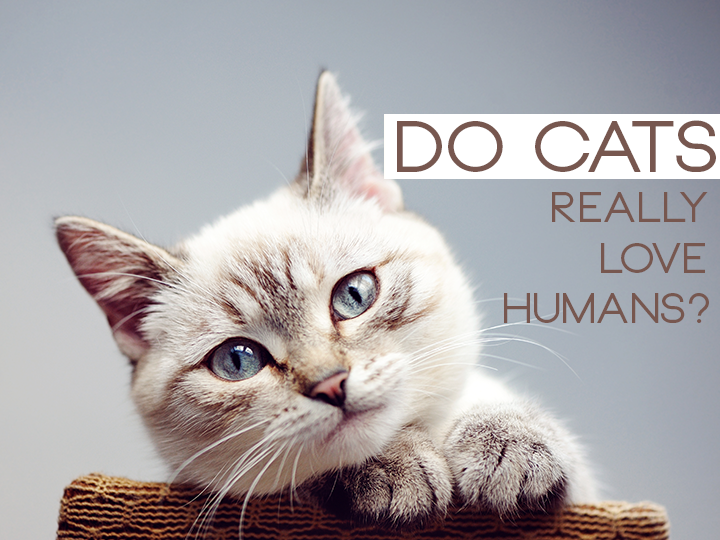
Cats have been domesticated for thousands of years and are one of the most popular pets in the world. They are often considered to be independent creatures that do not form strong bonds with their human companions. However, recent studies have shown that cats may have a more complex relationship with humans than previously thought. This paper will examine the current research on whether cats truly love humans and the factors that may influence this relationship.
Cats were first domesticated in the Near East around 10,000 years ago. They were initially kept for their ability to control pests, such as mice and rats, but over time they became popular pets. Today, cats are the second most popular pet in the world, behind only dogs.
Cats have a reputation for being independent creatures that do not require a lot of attention or affection from their owners. They are often thought to be aloof and unresponsive to human emotions. However, recent research has suggested that cats may have a more complex relationship with humans than previously thought.
Research on feline behavior and emotions:
Several studies have been conducted on feline behavior and emotions in recent years. One study, published in the Journal of Veterinary Behavior, found that cats are capable of forming attachment bonds with their owners, similar to the bonds that dogs form with their owners. This study found that cats who had a strong bond with their owners were more likely to show signs of separation anxiety when their owners were away, and were more likely to seek out their owners for comfort and security.
Another study, published in the journal Animal Cognition, found that cats are able to recognize their owners' voices and can differentiate between familiar and unfamiliar voices. This suggests that cats are able to form a cognitive understanding of their relationship with their owners.
Additionally, a study by the University of Lincoln in UK, found that cats have the ability to perceive and respond to human emotions, meaning they can understand when their owner is happy or sad.
Factors that influence the relationship:
A number of factors can influence the relationship between cats and their human companions. Some of the most important factors include the amount of socialization the cat receives as a kitten, the quality of the care provided by the owner, and the overall personality of the cat.
Kittens that are socialized with humans at a young age are more likely to form strong bonds with their human companions. This is because they learn to trust and rely on humans from an early age. Cats that receive poor care, or that are neglected or abused, are less likely to form strong bonds with their human companions.
Cats that are naturally more social and outgoing are also more likely to form strong bonds with their human companions. On the other hand, cats that are naturally more independent and aloof may be less likely to form strong bonds with their human companions.
Recent research has shown that cats are capable of forming attachment bonds with their human companions. They are able to recognize their owner's voice, can differentiate between familiar and unfamiliar voices, and can perceive and respond to human emotions. A number of factors, such as the amount of socialization the cat receives as a kitten, the quality of the care provided by the owner, and the overall personality of the cat, can influence the strength of the bond between cats and their human companions. However, it is important to note that cats are not dogs and their behavior and emotions are not entirely comparable to those of dogs. As it is difficult to measure the emotions of animals, it is important to approach the question with care and not make assumptions, but rather, research and observe.